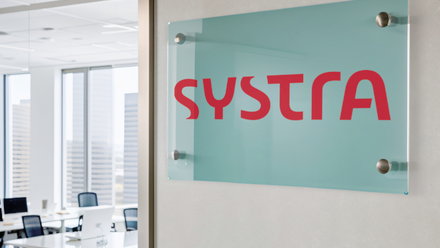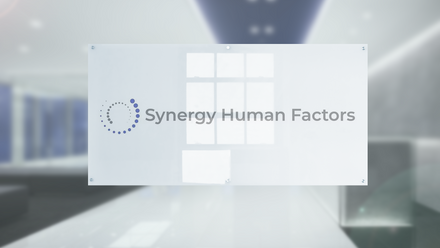The price of protection
The drive to vaccinate populations during the Covid-19 pandemic raised questions about the most effective ways to influence behaviour and encourage people to take up the jab. Some governments offered incentives for immunisation, including cash payments and sweepstakes where participants could win anything from a cow to an apartment.
The move sparked debate over the effectiveness of using financial bonuses to reach public health targets. But an article in Nature magazine claims that offering incentives did help increase the number of people accepting the jabs.
In Sweden, a cash payment given to people who were having their first dose of the vaccine increased take-up rates by 4.2%. And a study in the US found that offering a reward didn’t affect how people viewed the safety or efficacy of the injections. But the article warned that financial incentives were not always the best strategy to encourage people to follow public health advice.
It said: “Efforts to build trust or make it easier for people to receive vaccines — by translating information about inoculations into different languages, for example, or bringing vaccination centres closer to the populations most in need — are well-established ways to boost vaccination rates and, in some cases, could cost less than offering financial rewards.”






